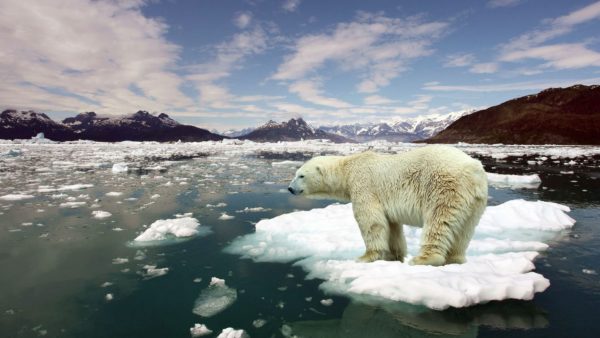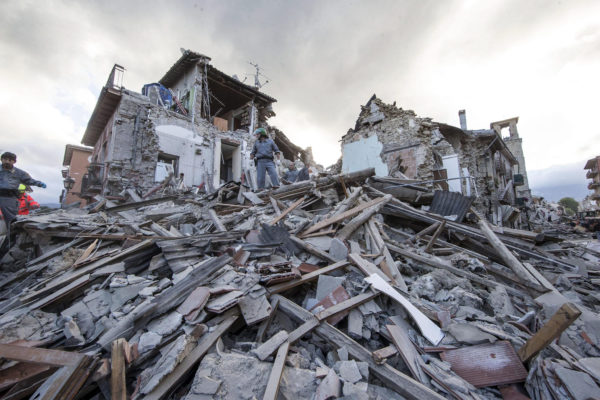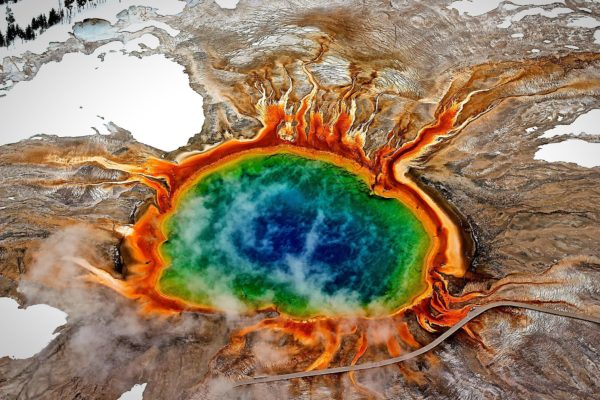Last night, it snowed so much, and snow is planned for tonight and part of tomorrow. Then, the sun comes out for the rest of our trip, but it will be pretty cold like -15 celsius. So, this topic is a perfect segue! Sorry about the lack of editing. I’m too busy having fun!
Kim: All right, we made it through one session. Let’s hope my Internet holds out for this one!
Me: I know! I’m so pleased. Even if we stop here, it’s been awesome. Hi, again, Erik. Hi, again, Kim.
Erik (hands framing his face): Hi, again, Mom.
Kim laughs at his silliness.
Me: Okay, now the topic is going to be this question from a blog member: “What is the bigger purpose behind this global warming trend, and is it really going to be that tragic in the next 20-30 years as everyone is making it out to be: Resource depletion, rising seas, wars, conflicts, changing landscapes, change in wildlife habitats, communities at risk?”
Kim: Wow. As you’re saying that and reading all that, he’s going, “Check, check, check, check.”
Me: What? That’s all going to happen?
Erik: First of all, the bigger purpose of it is about the physicality of being human. You incarnate to have a physical experience, right? Part of that is to take ownership of everything you do, and for humans, they go like this. (He covers his face with his hands.) “Nope, not me!” They don’t want to take responsibility for their actions. This is a collective thing, obviously, but it goes down to the individual level and the purpose is for people to be more mindful of their actions and how it impacts their environment, not just the natural environment but the people in it. Mom, if one person tries to throw some litter out and their friends are with them so they go, “Well, it’s okay for them, so whatever. I guess I’ll throw my crap out, too.”
Me: Oh, I couldn’t do that.
Erik: It becomes a ripple effect, so behaviors turn into patterns and rub off onto other people. So you have to maintain your own personal discernment and take responsibility for your actions. In talking about the way it affects the environment—
(Pause)
Kim: He’s kind of speaking out of both sides of his mouth.
Erik: We’re becoming more aware that our actions and the way we use things, we are a species that’s highly disposable. Everything is throw away.
Me: Yeah.
Erik: So we’re very quickly depleting our own natural resources.
He puts his right hand at the top of his forehead and looks around like he’s searching for something.
Erik: What’s kept sacred anymore? Not just Americans but worldwide, we’re becoming wasteful, and we go through things so quickly. We don’t value our natural resources like we should. If people actually understood the way our actions affect our natural resources and how quickly they’re diminishing, we’d probably change really fast.
Kim: He’s showing me a lot of flooding. Waters will rise.
Me: So, live away from the coast!
Erik: Different species of animals will have to adapt to new types of climate, so it will affect wildlife, which, in turn, will affect us. Everything is connected when we look at the food chain and the chain reaction of all of that. It will change the way we hunt for animals to eat. Those animals might be eating different things and migrating to different locations so that is going to affect how we eat—
Me: Well, I live in Houston, which is the meteorological armpit of American, by the way, because it’s so freaking hot and humid in the summer. How hot will it get here at its hottest? In Houston, Texas, your birthplace.
Kim: He’s going up to 104.
I checked this on the eBoard and he spelled out 104, not 140. Thank god.
Me: Jesus.
Kim: Like 145.
Me: When?
Kim: I don’t think you’re going to experience it for at least another 20 years. I asked him if he could go to 30 years, but he stopped me at 20. But the way he’s speaking is in correlation with mankind’s collective vibration right now.
Me: Right now. So it could change. But you have China and India spewing out all of this CO2 and pollution, it’s like a drop in the bucket what we do here in the U.S. and in Europe. They’re going through their Industrial Revolution just like we went through ours. We spewed out all sorts of stuff at that time.
Erik: It’s true, Mom. We are sort of just a drop in the bucket if you segment it out. You cab distinguish between different areas of the world and the natural resources they use and the different pollutants they release, but collectively, as a whole, we’re growing so quickly. But in that growth, I have to acknowledge that we are becoming more mindful, but we’re slower to react. We’re seeing how quickly our natural resources are dwindling, but we’re slow to make long lasting changes.
Me: Yeah, and we just want to kick the can down the road, “I’ll be dead by the time it gets that bad.” What percentage is manmade and what percentage is the natural climate cycle of the earth?
Kim: Mm. That’s a good question. He’s going up to 70% being manmade.”
Me: Okay, but it’s so weird because back in the 70s, or maybe it was the 80s, I remember a Time Magazine article where the whole big topic was the coming Ice Age. It was like everything was going to get frozen over and stuff. That was a big fear back then, and now it’s the polar opposite.
No pun intended.
Me: What gives?
Erik: It is. It’s the opposite. Scientists understood what was happening but the reverse aspect of it. You’re going to see more—
Kim: He’s talking about the weather and how it will be impacted.
Erik: You’re going to see more rain, hurricanes and storms. The sick thing is that even the rain is polluted.
Me: Ugh.
Erik: And it puts toxins into the earth. It’s a cycle that’s so big at this point, that it takes big measures to make any sort of change.
Me: Yeah, well that’s depressing.
Kim: It is.
Erik: It’s going to take a global effort because it’s a global issue. Some other countries are ahead of us in technology and way of life, like China and Japan. The U.S. is becoming more primitive.
Me: In what way?
Erik: We’re slowly starting to make those changes.
Me: Primitive in what way?
Erik: We ARE becoming more mindful of the powerful effects of nature, especially medicinally. Mom, people get it.
Kim (laughing): Here comes the language.
Erik: When their health is fucked up, they know that they have no life, and if it means changing their way of living to be a cleaner, greener person, they’ll do it. They don’t like, no one likes to have compromised health. We starting to compost more and take care of our trash in better ways. We’re being more mindful, but it’s still a very slow process. Again, we’re slowly transitioning to becoming less wasteful.
Me: Is it getting better as a world or are we still getting worse?
Erik: Let me put it to you like this.
Kim: This is really cool. I wish I could just paint this image. He’s showing me the image of the whole world, and Erik is this bigger perspective looking down on it. He pulls up this blanket, and he’s peeking in and going, “This is the whole new movement upon mankind to restore a healthy way of life, a sacred way of life where natural resources and our earth is protected.”
Erik: Mom, it’s divine timing. It’s orchestrated. The mindfulness is obviously orchestrated by a higher being, God Source, but the timing of it is planned, and we have begun that phase. We’re moving towards making changes that will positively affect things. But when will we see those outcomes? We’re taking about 100 years.
Me: We’re just going to have to go around naked. That’s my solution. Everybody just strip down naked. It’s too hot!
Short Banana Republic stock. No one is going to buy clothes anymore.
Erik: It will come to a point to where we’ll have to go without certain natural resources before we realize, “Okay, it’s now or never. We have to make this change.”
Me: Yeah, because it won’t be Mother Earth that dies. She’s so huge and powerful, and she recycles energy and crap.” What we’re doing will mostly affect us in the end. We can become extinct. So it’s not so much like, “Oh, you’re damaging Mother Earth.” When we’re long gone, she will regenerate herself with no problem. That’s what I think. Right?
Erik (clapping his hands): My job is done here.
Me: Oh yeah. Sure.
Erik: You’re right.




